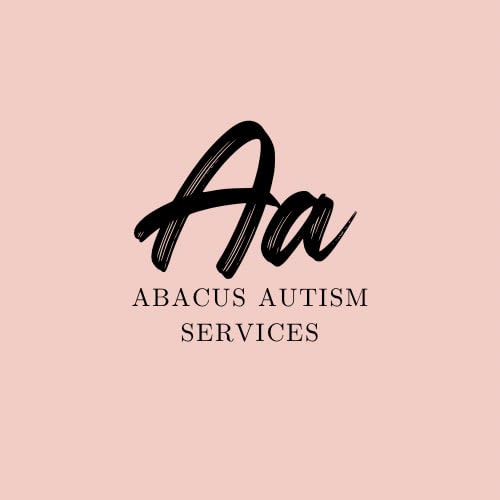Understanding Alexithymia: The Emotionally Uncharted Territory

Alexithymia is a psychological phenomenon that sheds light on the intricate world of emotions. Often described as a difficulty in identifying and expressing one's own feelings, this condition poses unique challenges in navigating the emotional landscape. In this blog, we will delve into the various aspects of Alexithymia, exploring its characteristics, causes, and potential coping mechanisms.
1. **Defining Alexithymia:**
Alexithymia, derived from the Greek words "alexis" (lack) and "thymos" (emotion), is characterized by an individual's inability to recognize and articulate their own emotions. This condition not only affects self-awareness but also hinders the ability to understand the emotions of others.
2. **The Three Components:**
Alexithymia is often divided into three components:
- Difficulty identifying feelings: Individuals may struggle to pinpoint and label their emotions accurately.
- Difficulty describing feelings: Expression becomes a challenge as they find it hard to put emotions into words.
- Externally-oriented thinking: Those with Alexithymia tend to focus on external events rather than their internal emotional experiences.
3. **Causes of Alexithymia:**
While the exact causes are not fully understood, Alexithymia is believed to have both genetic and environmental factors. Traumatic experiences, early childhood neglect, or a family history of emotional difficulties may contribute to the development of this condition.
4. **The Impact on Relationships:**
Living with Alexithymia can present challenges in forming and maintaining relationships. Partners, friends, and family members may find it challenging to connect emotionally with someone who struggles to express and understand feelings.
5. **Coping Strategies:**
Despite the challenges, individuals with Alexithymia can adopt various coping strategies:
- Mindfulness and self-reflection: Developing awareness of bodily sensations and thoughts can help bridge the gap in emotional understanding.
- Journaling: Keeping a journal to record thoughts and experiences may facilitate a better grasp of emotions over time.
- Seeking professional help: Psychotherapy, particularly approaches like cognitive-behavioral therapy, can be beneficial in addressing the emotional struggles associated with Alexithymia.
Conclusion:
Understanding and navigating Alexithymia is a journey that requires patience, self-reflection, and often, external support. By shedding light on this condition, we hope to foster empathy and awareness, ultimately creating a more compassionate space for those navigating the emotionally uncharted territory of Alexithymia.
Contact Us
Get In Touch!
Feel free to reach out to us for any inquiries, questions, or to explore how Abacus Personal Coaching can support you on your journey. Our dedicated team is here to provide you with the information, guidance, and assistance you need.

